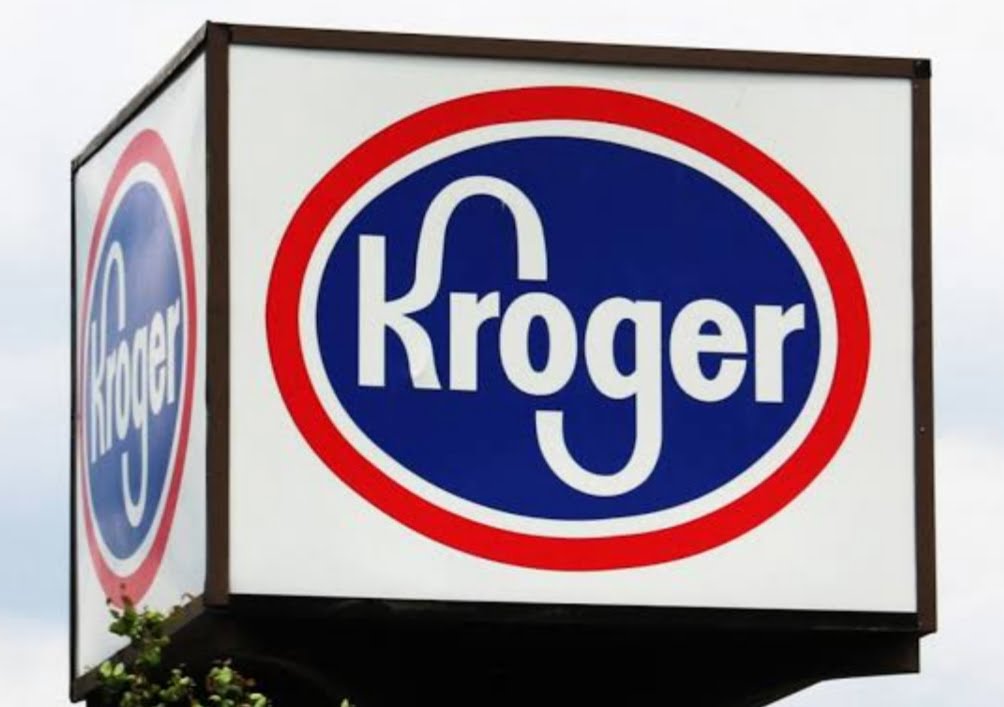
: Economic Promises and Regulatory Challenges
Introduction
The proposed $24.6 billion merger between Kroger and Albertsons represents a pivotal moment in the U.S. grocery industry. As the third-largest and fourth-largest supermarket chains in the country, respectively, their potential consolidation has sparked significant debate over its impact on market competition, consumer prices, and regulatory oversight. In the midst of legal challenges from the Federal Trade Commission (FTC) and various states, Kroger’s CEO Rodney McMullen has pledged to cut grocery prices by $1 billion on the first day if the merger is approved. This bold promise aims to address concerns about price hikes and competition reduction. This essay explores the implications of the proposed merger, the regulatory hurdles it faces, and the broader context of corporate consolidation in the grocery sector.
Economic Implications of the Merger
The merger between Kroger and Albertsons would create a retail behemoth with approximately 13% of the U.S. grocery market. This consolidation could significantly impact grocery pricing and competition. McMullen’s pledge to lower prices by $1 billion immediately post-merger is intended to counteract fears that the merger could lead to higher costs for consumers. Historically, corporate mergers in the grocery sector have had mixed outcomes. On one hand, they can achieve economies of scale, reduce operational costs, and potentially lower prices. On the other hand, they can diminish competition, leading to fewer choices and potentially higher prices in the long run.
Kroger’s argument is that the merger would allow the combined entity to better compete with larger retailers like Walmart, Amazon, and Costco. By leveraging their combined buying power, the new company could negotiate better deals with suppliers and pass those savings on to consumers. McMullen asserts that Albertsons’ prices are 10 to 12% higher than Kroger’s, suggesting that a merger could standardize pricing and offer competitive rates across their combined network.
Regulatory Challenges
The proposed merger has encountered significant resistance from regulatory bodies, particularly the FTC and state authorities from Colorado and Washington. The FTC’s lawsuit aims to block the merger on the grounds that it would reduce competition in 22 states, potentially leading to higher grocery prices amid ongoing inflation. The commission argues that the merger could create a more dominant player in the grocery market, reducing consumer choice and increasing prices.
In response, Kroger has argued that the merger would not substantially lessen competition. They point out that even post-merger, their market share would still be smaller compared to Walmart, which controls nearly 22% of the grocery market. The FTC’s challenge is rooted in concerns over market concentration and the potential for reduced competitive pressures, which are crucial for keeping prices in check.
Historical Context of Grocery Mergers
To understand the implications of the Kroger-Albertsons merger, it is helpful to consider previous large-scale grocery mergers. For example, the 2015 merger between Ahold and Delhaize created a new grocery giant, Ahold Delhaize, which operates under various banners in the U.S. and Europe. While this merger was intended to achieve efficiencies and lower prices, consumer reactions were mixed, and some regions experienced price increases rather than reductions.
Similarly, the 2018 merger of Amazon and Whole Foods led to immediate price cuts at Whole Foods, but the long-term impact on overall grocery pricing and competition remains debated. These historical precedents highlight that while mergers can offer short-term benefits, the long-term effects on competition and consumer prices are less predictable.
Political and Social Context
The broader political and social context also influences the discourse around grocery mergers. Rising food prices have become a prominent issue in U.S. politics, with figures like Vice President Kamala Harris and former President Donald Trump using inflation as a campaign issue. The debate over the Kroger-Albertsons merger reflects these broader concerns about the cost of living and corporate power. The merger’s outcome could become a key issue in the political discourse on economic policy and consumer protection.
Conclusion
The proposed Kroger-Albertsons merger is a complex and significant event in the grocery industry, with far-reaching implications for market competition, consumer prices, and regulatory practices. While Kroger’s pledge to cut prices by $1 billion aims to address some concerns about potential price increases, the regulatory challenges and historical context suggest that the merger’s long-term effects are uncertain. As the legal proceedings continue, the ultimate impact of this merger will be closely watched by consumers, industry stakeholders, and policymakers alike. The outcome could set a precedent for future mergers and influence the broader discussion on market consolidation and its effects on the American consumer.
